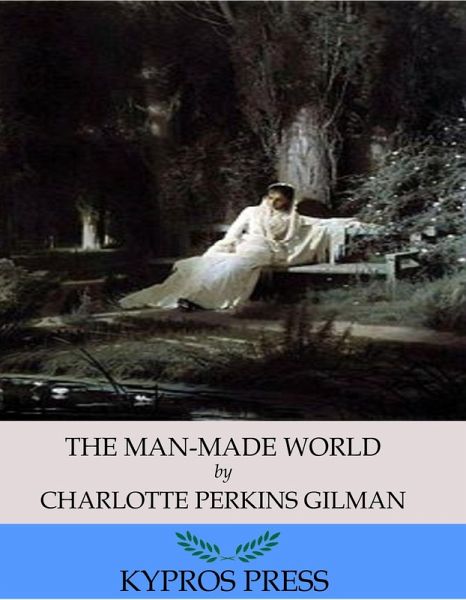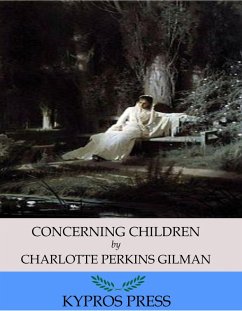
The Man-Made World (eBook, ePUB)
Versandkostenfrei!
Sofort per Download lieferbar
1,82 €
inkl. MwSt.
Weitere Ausgaben:

PAYBACK Punkte
0 °P sammeln!
Charlotte Perkins Gilman was an American author and prominent feminist. Gilman influenced future generations of feminists with her writings and lifestyle. This edition of The Man-Made World includes a table of contents.
Dieser Download kann aus rechtlichen Gründen nur mit Rechnungsadresse in A, B, BG, CY, CZ, D, DK, EW, E, FIN, F, GR, H, IRL, I, LT, L, LR, M, NL, PL, P, R, S, SLO, SK ausgeliefert werden.













